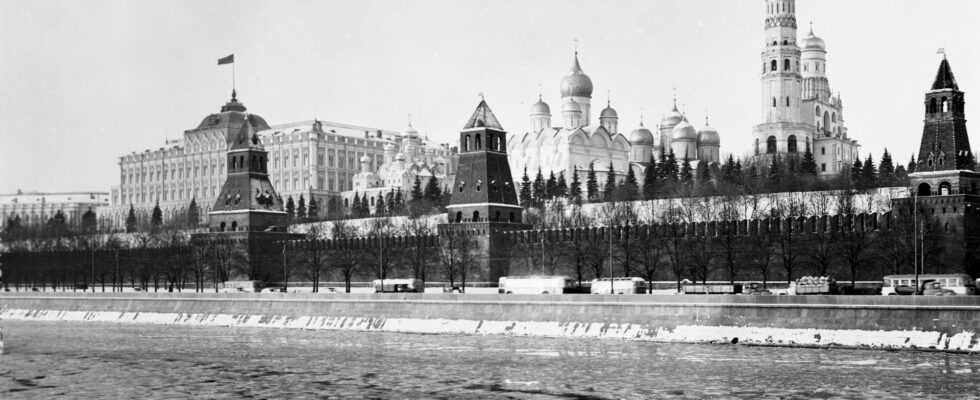Three reports from a CIA agent’s conversation with Soviet scientists in 1963 confirm that the USSR conducted research on extrasensory perceptions.
During the Cold War, the two superpowers tried everything to gain a decisive advantage and obtain a shift in the balance of power in favor of one bloc or the other. In addition to the classic conventional and nuclear arms race, the United States has also explored much more original avenues, in particular the supposed parapsychological capacities of the human brain with subjects considered to be particularly gifted.
The book “The Goats of the Pentagon” (loosely made into a film in 2009) popularized these attempts to apply remote viewing, psychokinesis, telepathy, and even astral projection to the military realm. With unconvincing results if we believe the declassified documents and witnesses of the time.
But, as in a mirror, the USSR has also endeavored to probe the mysteries of the mind in the hope of discovering fatal weapons there. Unfortunately, these efforts are less documented than American research and hard-to-access archives.
However, Vice reports, three CIA reports from the early 1960s have just been made public thanks to the Freedom of Information Act. They lift a corner of the veil on the strange work carried out in this field by the Soviets. These reports contain conversations between a CIA agent, a Russian cybernetics researcher, Professor Kerminov, and a student from an Eastern country.
At the time, the term cybernetics, which has since fallen into disuse, was concerned, among other things, with the interactions between man and machine. In this perspective, Kerminov evoked a very strange experiment: researchers would have tried to “record” the signals of the central nervous system of a man playing the piano before communicating them to a second subject without any musical training. “This person would then be able to play music, but would also retain part of this skill in the manner of a permanent learning” assures Kerminov who does not provide any precise reference attesting to the veracity of this experience.
The professor confides to his interlocutor that he is convinced of the reality of the telepathic abilities of a small number of people and that work in this area is being carried out by a certain Vasilyev. “Some of the ESPs (Extra Sensory Perceptions) Kerminov believed in involved not only guessing present events but also predicting future random events,” the CIA agent wrote in his report.
Teasingly, the American spy even asked the Russian scientist if his convictions were “compatible with Marxist materialism”… “He remained imperturbable. He obviously harbors very little skepticism about it,” concludes the agent.
The conversation with the student confirms Kerminov’s remarks, but, less enthusiastic than his elder, the young man specifies that the researcher is “a marginal figure in his country who is struggling to develop a rigorous scientific framework for his theories and his work. » One can only hope that other still secret documents will come to deny or confirm this failure.
